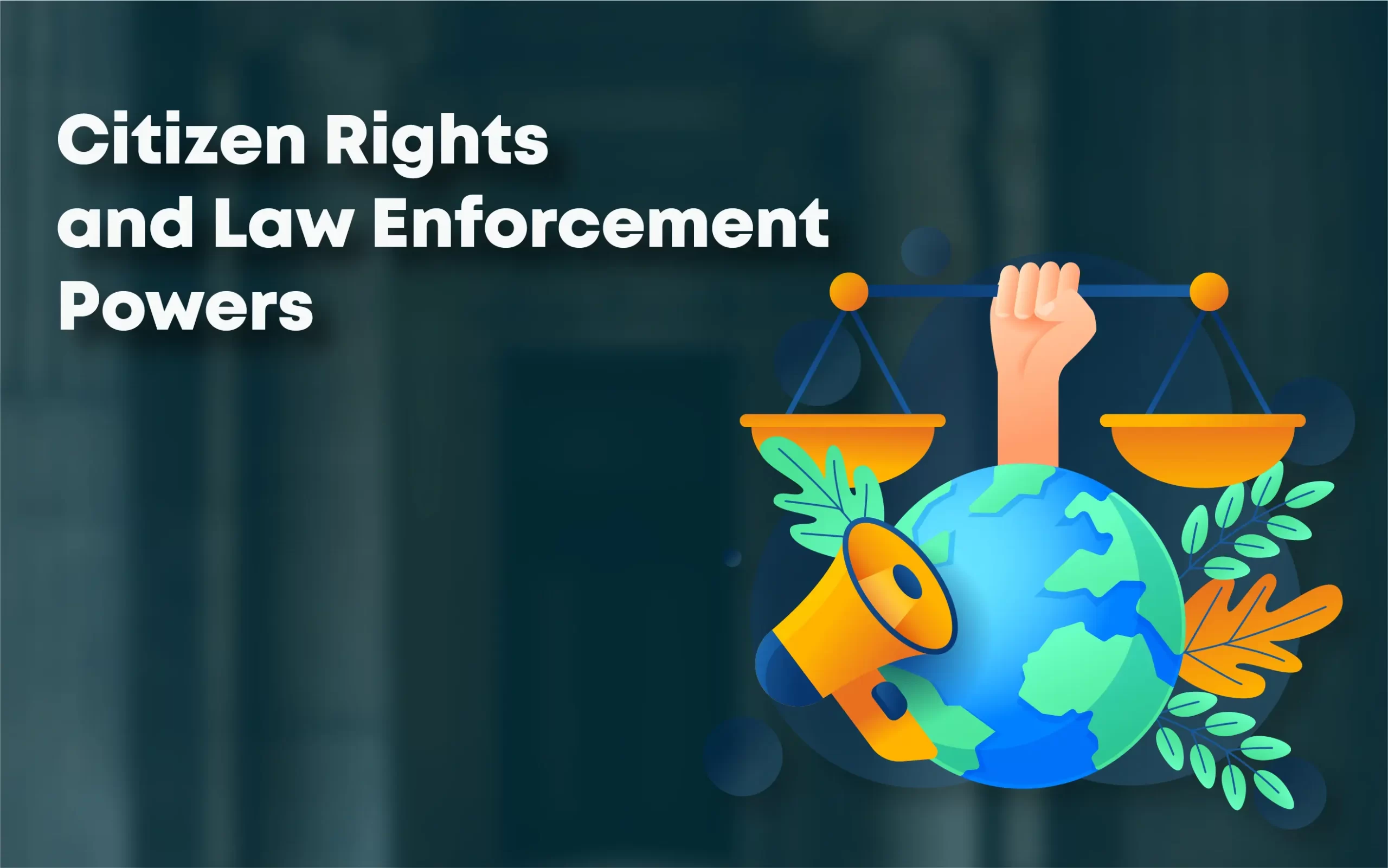Introduction
Detention laws are one of the tools used by security authorities to maintain order and combat crime. This procedure raises many questions and controversies regarding the rights of citizens and the powers of law enforcement officers. In this article, we will discuss the concept of detention, its conditions, and the situations in which it can be executed, with a focus on the rights of citizens in this context.
What is Detention:
Detention is a procedure taken by a law enforcement officer to investigate crimes and identify their perpetrators. Detention may be carried out when there is a reasonable suspicion justified by the circumstances, and when the targeted person has voluntarily placed themselves in a position of suspicion and suspicion, indicating the need for investigation and uncovering the truth.
Conditions for Detention:
Detention often takes place in public areas such as streets and stores when police officers are present and have suspicions about an individual. However, there are cases in which detention is not allowed, including:
- Confusion and bewilderment: Detention is not justified if a person appears confused or bewildered without any objective reasons for suspicion.
- Turning while walking: When a person turns while walking on the street without reasonable suspicion or grounds for detention.
- Running without reasonable suspicion: If a person runs or flees from law enforcement officers out of fear without reasonable suspicion, it does not justify detention.
Citizen Rights During Detention:
During detention, law enforcement officers must request the citizen to present their personal identification card. If this request is made and the identification card is presented, detention ends, and the law enforcement officer must explain the reasons that led to the detention and inform the citizen of their rights.
Expert Opinions:
Amira Saker – Defense Attorney
Amira Saker, a distinguished defense attorney, expresses her views on the issue of detention as a legal procedure. She says, Detention is an important legal tool used to uncover crimes and ensure law enforcement. However, execution must be precise in accordance with the laws and regulations in place. Police officers should demonstrate professionalism and respect for citizens’ rights during detention and handle the situation with caution.
Ahmed Saber – Head of Litigation Department
Ahmed Saber, the Head of the Litigation Department, shares his opinion on the issue of detention. He states, Detention is a vital tool in crime prevention, but we must always consider the rights of citizens. Proper training for law enforcement officers to understand the laws and regulations is crucial, and building trust among citizens in the criminal justice system through fair and just detention practices is essential.
Conclusion:
Detention as a legal procedure is an important tool for maintaining security and combating crime, but it must be executed with caution and respect for citizens’ rights. Law enforcement officers must comply with the laws and regulations specified in this context and ensure the protection of individuals’ rights during detention.

